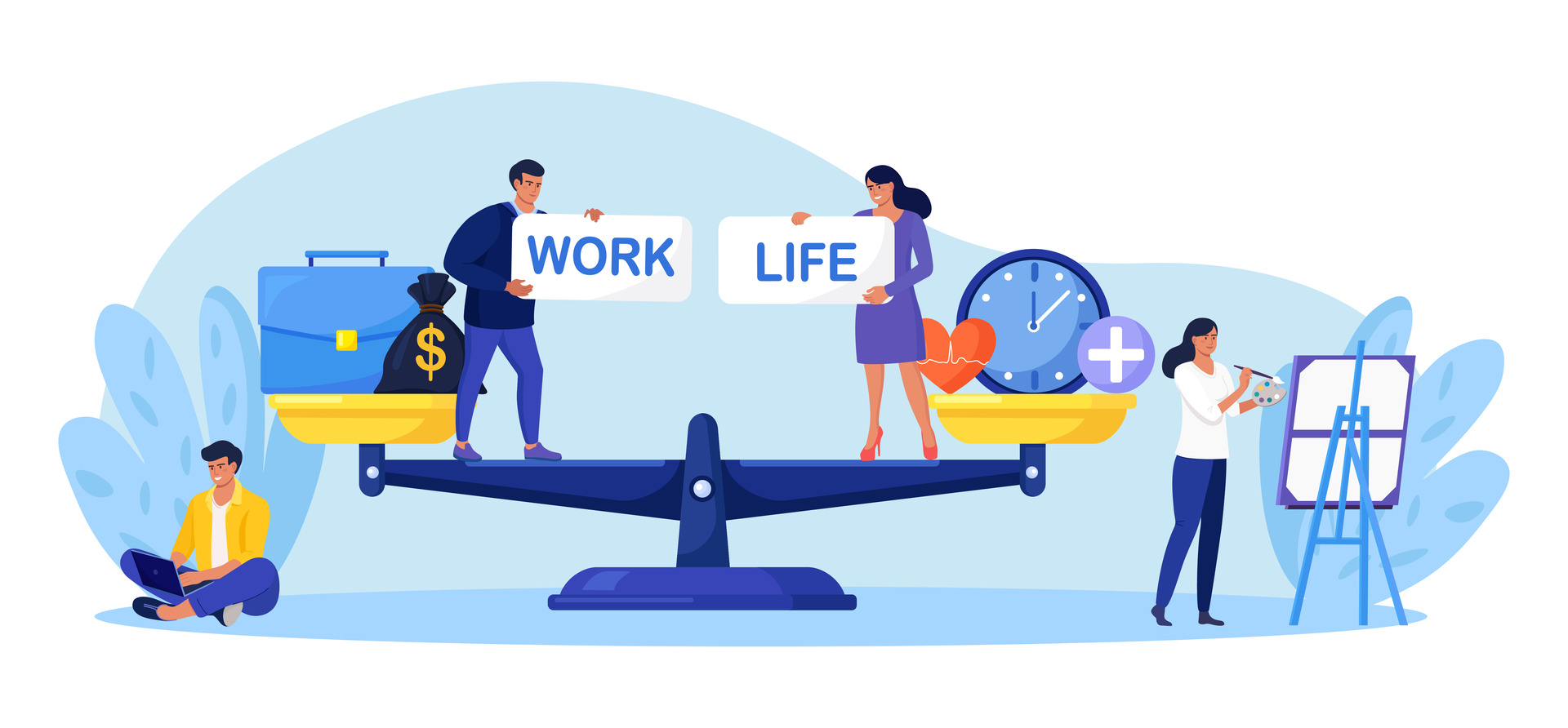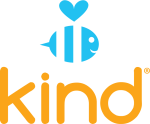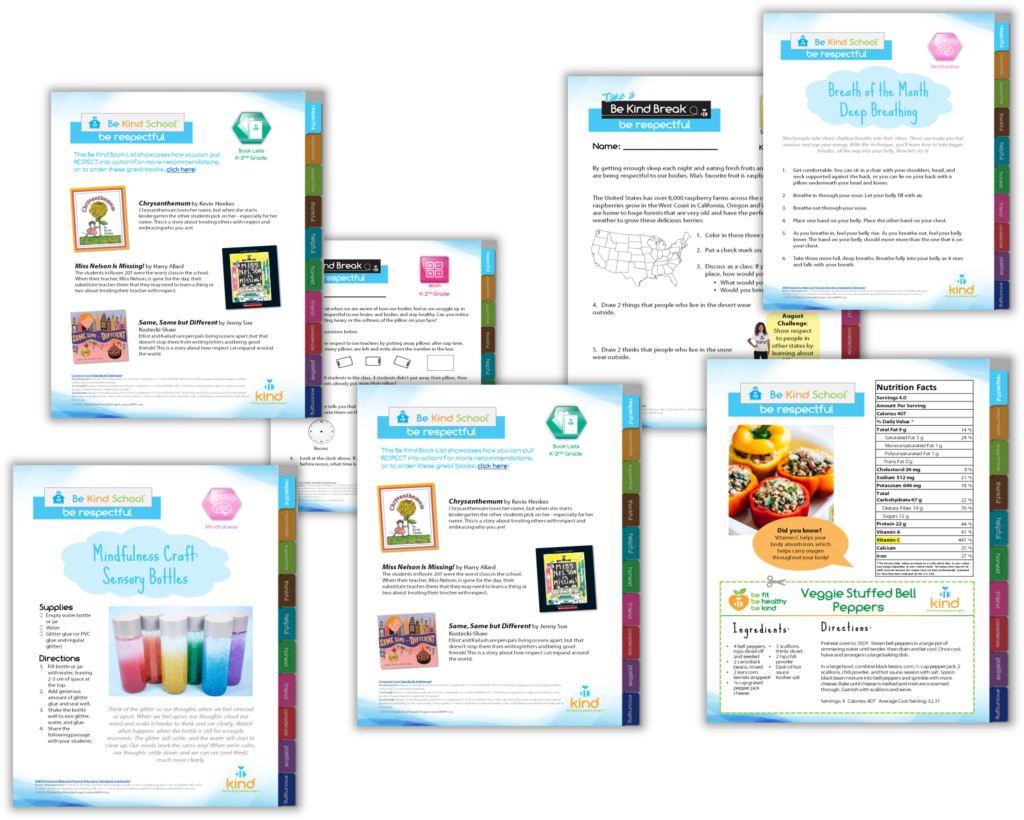- About
- Programs
- After School Classes
- All-School Assemblies
- The BE KIND Business
- The BE KIND Community Education Center
- The BE KIND SCHOOL
- BE KIND on the MOVE
- Classroom Resources
- #CyberSkills
- Family Engagement
- Fitness Programs
- Gardens
- Grace’s Group
- Health & Wellness
- Summer Programs
- Teacher Training
- Wellness Wednesday
- Athletes for Arizona
- Events
- Get Involved
- Donate
Mastering the Art of Work-Life Balance
- Home
- Wellness Wednesday
- Mastering the Art of Work-Life Balance
Healthy Habits for the Workplace

Welcome to this week’s Wellness Wednesday readers! In our latest blog, we dive into the profound impact of harnessing the superpower of work-life balance and its ripple effect on the quality of rest and sleep you enjoy at home.
Join us as we uncover the art of setting boundaries, reclaiming time for yourself, and unlocking the secret to a more balanced and rejuvenating life. This journey to better sleep starts with healthy daytime habits.
Impacts of Occupational Health
It’s crucial for individuals to be mindful of their workloads and have clear communication with their colleagues. Setting boundaries and maintaining a healthy balance between work and personal life can benefit employees and improve efficiency and productivity. The World Health Organization explains the difference between work-related pressure and stress.
“Pressure at the workplace is unavoidable due to the demands of the contemporary work environment. Pressure perceived as acceptable by an individual may even keep workers alert, motivated, able to work and learn, depending on the available resources and personal characteristics. However, when that pressure becomes excessive or otherwise unmanageable it leads to stress. Stress can damage an employees’ health and the business performance.”
Ensure you create a healthy environment for yourself by understanding work-related stress. Here are some effects of work-related stress to look for from the Cleveland Clinic:
- Physical Health Effects:
- Fatigue: Extended work hours can lead to physical exhaustion, impacting overall energy levels.
- Sleep Disturbances: Irregular work hours may disrupt sleep patterns, leading to insomnia or poor sleep quality.
- Weakened Immune System: Chronic stress from overworking can suppress the immune system, making individuals more susceptible to illnesses.
- Mental Health Effects:
- Burnout: Taking on too much can contribute to burnout, characterized by feelings of exhaustion, cynicism, and reduced professional efficacy.
- Increased Stress Levels: High workloads and tight deadlines can elevate stress levels, potentially leading to anxiety and tension.
- Decreased Cognitive Performance: Prolonged work hours can impair cognitive functions such as decision-making, problem-solving, and creativity.
- Emotional Health Effects:
- Mood Swings: Chronic stress and fatigue can contribute to mood swings, irritability, and a generally negative emotional state.
- Reduced Personal Time: Lack of time for personal activities and relationships can lead to feelings of isolation and loneliness.
- Decreased Job Satisfaction: Overloading tasks may result in declining job satisfaction and a negative attitude toward work.
- Decreased Productivity:
- Diminished Work Quality: Fatigue and stress can lead to a decline in the quality of work produced.
- Reduced Efficiency: Extended work hours may decrease efficiency and productivity, as cognitive functions become compromised.
What Can YOU Do to Achieve Work-Life Balance
According to the Harvard Business Review, learning to say no is an essential skill that can greatly contribute to maintaining a healthy work-life balance. This skill is about prioritizing your health and well-being to ensure you provide quality work daily.
- Continuous Communication:
- Keep communication lines open with your team about your workload and priorities.
- Offer to help others when you have the capacity.
- Communicate Priorities:
- Share your priorities and ongoing projects with colleagues and supervisors. This transparency can help them understand your workload and help you manage priorities.
- Self-Assessment:
- Regularly assess your current workload and commitments. Understand your capacity and bandwidth realistically.
- Prioritization:
- Prioritize tasks based on urgency and importance. Focus on high-priority items that align with your goals and responsibilities.
- Set Clear Goals:
- Establish clear professional and personal goals. Knowing your priorities helps you decide which tasks align with these goals.
- Time Management:
- Implement effective time management techniques, such as time blocking or the Pomodoro Technique, to maximize productivity without feeling overwhelmed.
- Provide Alternatives:
- If possible, suggest alternatives when saying no. This could include recommending a colleague better suited for the task or proposing a different timeline.
- Be Gracious:
- Be firm in your decision, but express gratitude for the opportunity. A simple “Thank you for considering me, but I have to decline at this time” can be effective.
- Set Realistic Deadlines:
- When presented with a new task, express your commitment to quality work and propose a realistic deadline based on your current workload.
Winding Down After Work
Creating intentional habits to transition from work to a restful evening is crucial for maintaining a healthy work-life balance. Experiment with different habits to find what works best for you. Fatherly has some suggestions for all of us!
- Set a Clear End-of-Day Time:
- Define a specific end time for your workday and stick to it as often as possible. This helps create a boundary between work and personal time.
- Quality Time with Loved Ones:
- Spend quality time with family or friends. Positive social interactions can provide emotional support and enhance your overall well-being.
- Physical Activity:
- Incorporate physical activity into your evening routine. This could be a short walk, yoga, or any exercise that helps release tension and signals the shift from work to relaxation.
- Mindfulness or Meditation:
- Practice mindfulness or meditation to calm your mind. Apps or guided sessions can help guide you through a few minutes of relaxation.
- Establish a Wind-Down Routine:
- Develop a consistent wind-down routine that signals the end of the workday. This could include shutting down your computer, organizing your workspace, and making a to-do list for the next day.
- Disconnect from Screens:
- Minimize screen time, especially on devices that emit blue light, at least an hour before bedtime. This can improve the quality of your sleep.
- Engage in a Hobby:
- Spend time doing something you enjoy, whether reading, painting, playing music, or any hobby that brings you joy. This helps shift your focus away from work-related stress.
- Unplug from Work Communication:
- Set boundaries for work-related communication after a certain hour. Turn off email notifications or use features that allow you to disconnect from work messages.
- Create a Relaxing Environment:
- Set the mood for relaxation by creating a comfortable and calming environment at home. Dim the lights, use soothing colors, and play soft music if that helps.
- Limit Caffeine Intake:
- Avoid consuming caffeine in the evening, as it can interfere with your ability to relax and sleep.
As we draw the curtains on our exploration of transitioning from work to a restful evening, it’s evident that cultivating intentional habits can be a game-changer for our overall well-being. In the hustle and bustle of our professional lives, finding moments to unwind is not just a luxury; it’s a necessity.
By setting clear boundaries, engaging in activities that bring joy, and prioritizing self-care, we pave the way for a seamless transition from the workday’s demands to the evening’s tranquility. Remember, it’s not just about shutting down devices; it’s about opening up the space for relaxation, rejuvenation, and connection.
Published on January 24, 2024
Questions? Comments? Want to contribute to the Wellness Wednesday Blog?
Send your ideas to info@bkpp.org.

Learn More about The Be Kind People Project®
- Programs
- After School Classes
- All-School Assemblies
- The BE KIND Academy
- The BE KIND Business
- The Be Kind Break
- The BE KIND School
- The BE KIND on the MOVE
- #CyberSkills
- Family Engagement
- Fitness Programs
- Gardens
- Grace’s Group
- Health & Wellness
- Summer Programs
- Teacher Training
- Wellness Wednesday
- Athletes for Arizona
Copyright © The Be Kind People Project | Privacy Policy



